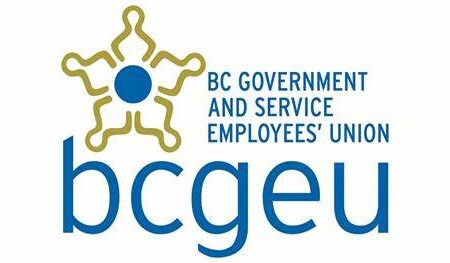OP/ED: Former paramedic decries BC Ambulance Services' position
A former BC Ambulance Services (BCAS) paramedic says he thinks the situation that saw Castlegar without ambulance coverage over the holidays (see http://castlegarsource.com/news/bc-ambulance-services-speak-lack-castlegar-coverage-over-holidays-16050) is symptomatic of a much larger problem.
Jason Angulo was with BCAS for just under four years, serving in Prince Rupert and Vernon, then resigning in May 2010.
Angulo said paramedics are discouraged from speaking to the press (he said he himself was given a disciplinary letter and threatened with a disciplinary hearing for publicly expressing his views, in the media and to political representatives) so he felt paramedics in Castlegar, Trail and Nelson likely would choose not to speak out rather than risk their jobs.
He also said that cities being left without ambulance services is a regular occurrence across the province.
“For example instead of having two crews available, they’ll have one crew in the station and another on pagers,” he explained. “If the first car is busy, or sent to a different community, the crew on the pager will take time to get ready, get to the station, and respond. If a critical call comes in (like a cardiac arrest or serious car accident), the delay pretty much takes away that person’s chance of survival.”
He said pulling ambulances from one community to serve another is robbing Peter to pay Paul – when it gets busy in one community and they take from another, what happens to the first community? “I think they’re rolling the dice way too much.”
“It comes down to economics, instead of patient care,” he said, adding BCAS only pays $2 per hour for part-timers to man the pagers and more than $11 to have them waiting at the station.
He also said cars are regularly sent to other communities to cover shortages, leaving their community of origin without coverage.
“This is strictly my opinion but, unless the paramedics scheduled to work in Castlegar over Christmas called in sick at the last minute, I think management had to have known about the coverage gap – part-time paramedics’ availability is submitted well in advance.”
He said he understood, too, why Castlegar’s roughly 20 part-time paramedics declined to make themselves available on Christmas Eve and Day.
“From what I saw, most ‘part-timers’ work more than full-time hours,” he said.
“As an employer, they demand too much and offer too little,” he said. “You start with the idea that you’ll build seniority and get promoted to full-time – but I think it’s two-thirds of the province’s ambulance service comes from part-timers. They don’t want to make anyone full-time because it costs money.
“Imagine working Christmas Day, getting paid just over $10 an hour, when the full-timer beside you is getting paid between $50 and $80 an hour for doing the exact same thing – it’s hard not to get resentful,” he said. “Or getting paid $2, and you have to be ready to drop everything at a moment’s notice, you can’t drink, you can’t go visit family and friends unless they’re near the station. A part-timer doesn’t get paid sick leave or stat pay (except when they’re called out), and they can’t opt into the benefits program until they’ve been there for six years.
“It’s hard to want to go that extra mile for an employer that doesn’t treat you well.”
He said most part-timers struggle to survive fiscally, and said he thought if the shift was upgraded to a more significant pay grade, the holiday shifts would likely have been snapped up by hungry workers. And with BCAS’ monopoly, paramedics can’t just go to another employer.
He acknowledged that it’s a two-way street, and the union has made mistakes, too – but it all boils down to a relationship issue that has polarized paramedics and their employers, and is jeopardizing patient care across the province. As evidence, Castlegar’s lack of coverage over the holidays.
“There are bad feelings between the two sides …and there’s no end in sight.”
He said it all took a toll on him and his family, so he finally gave up the whole thing as a bad job and moved his family back to Ontario.
“As I came to learn how awful an employer they are, I decided to come back here, where I have family,” he said.
The Source conducted this interview after hours, and thus was unable to contact BCAS to allow them to respond. BCAS will, of course, be given as much space as they would like to respond, so stayed tuned to The Source for updates.


























Comments